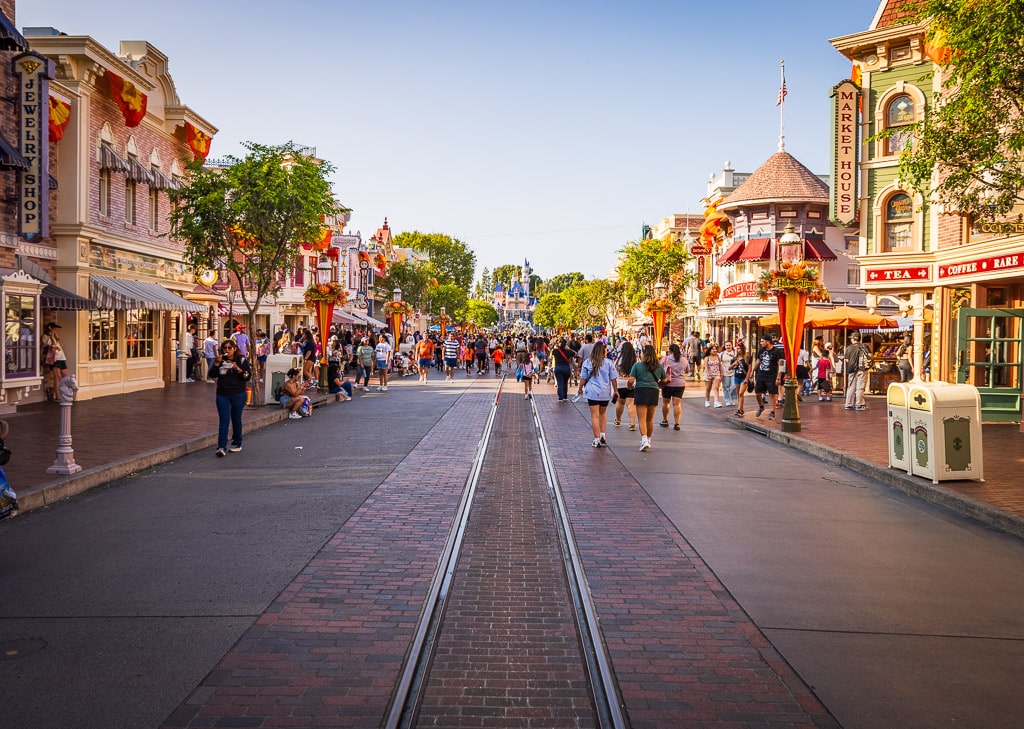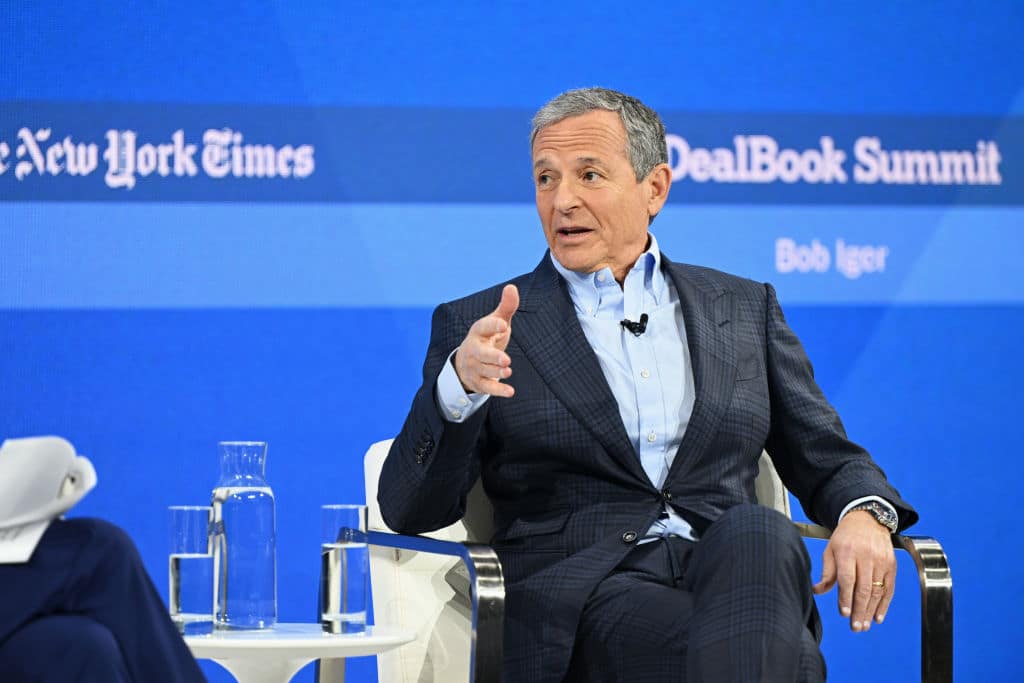
Disney CEO Bob Iger was interviewed by Andrew Ross Sorkin on Wednesday afternoon at the New York Times Dealbook Summit. The two had a wide-ranging conversation covering controversies, including box office bombs, stories vs. messages, sequel fatigue, future of Shanghai Disneyland and selling linear assets, as well as beefs with Bob Chapek, Governor DeSantis and Elon Musk.
Honestly, most of this was simply Iger reiterating what’s already been said during previous interviews or on earnings calls. I’m not going to linger on every rehashed point, just the ones that I think are interesting. Then we’ll turn our attention to what has garnered the most buzz, the Battle of the Bobs Bob-Elon (pronounced Babylon–still workshopping this one).
For starters, Iger reflected on the Battle of the Bobs and his successor/predecessor, Bob Chapek. “I was disappointed in what I was seeing in the transition period and while I was out,” Iger said of the Chapek regime. “I worked hard at distancing myself from it.” Iger declined to say much more or criticize Chapek by name, possibly because there’s a mutual nondisparagement agreement between the parties as part of their ‘spontaneous separation’ last November.
It’s hardly a secret how he feels about Chapek, though. Shortly after returning, Iger’s camp leaked to the media that he had been “alarmed” by price increases at Walt Disney World and Disneyland, and was concerned that Chapek was “killing the soul” of Disney. Our Battle of the Bobs/Bob Swap series contains countless posts sourced from a slow trickle of leaks from the Iger and Chapek circles.
There’s also the very real possibility that Bob Iger is jealous that Bob Chapek got to pet a hippopotamus. That might explain why Iger was spotted at Animal Kingdom last month with Josh D’Amaro. Perhaps the hippo declined to hold court with the new executives. Stranger things have happened.
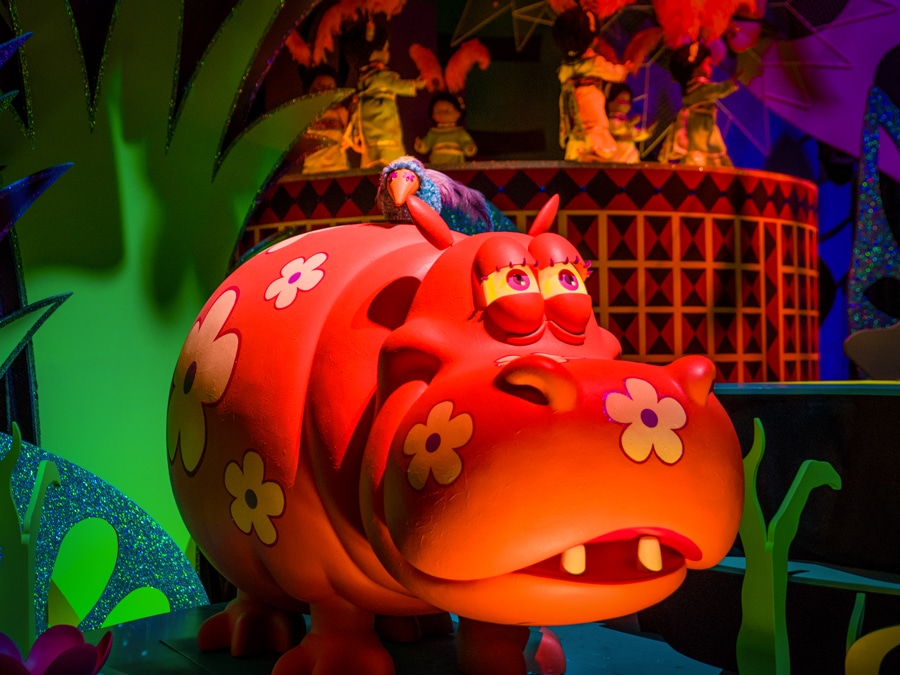
Hippogate aside, Iger added that he’s focused on not repeating the same succession mistake he made last time. “I’ve tried hard to conduct my own postmortem, just so that we as a company don’t do it again,” Iger said Wednesday. “What did we do wrong? And we discovered certain things that we could do better.”
The board’s current succession process “is robust right now,” Iger added. He took this a step further and committing that he’s “definitely going to step down” when his current contract is up at the end of 2026. “We are aggressively pursuing succession.”
It’s becoming an increasing unpopular opinion around these parts, but we’re glad that Iger extended until 2026. There needs to be a smooth transition this time, and that provides enough runway to accomplish it. With that said, Iger absolutely needs to get it right this time and be gone by December 2026 at the latest.
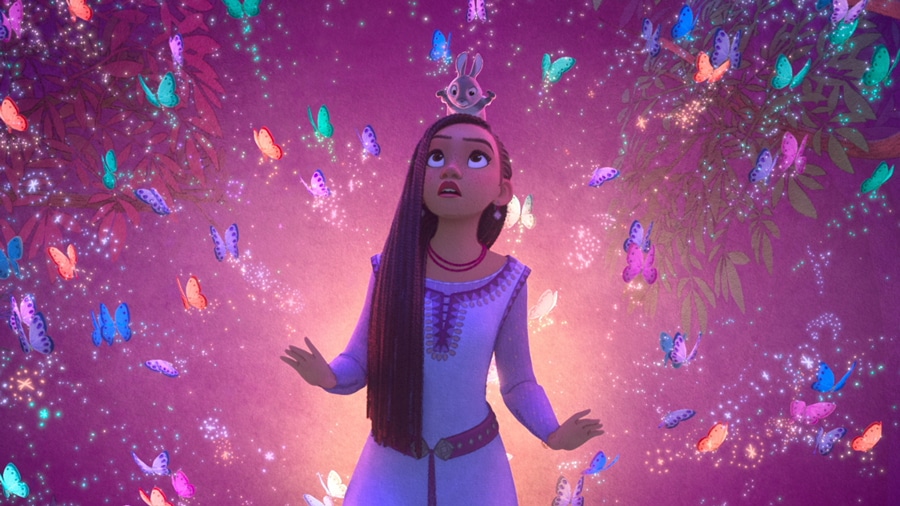
Iger said his top priority at the Walt Disney Company right now is revitalizing its film studio after a string of box office bombs including “The Marvels” and “Wish.” (These are just two of many examples–although there are several borderline cases where the contribution Disney+ is difficult to assess.)
He admitted that Disney’s “creators lost sight of what their number one objective needed to be. We have to entertain first. It’s not about messages.” According to Iger, Disney’s prioritization of messaging over storytelling peaked while he was gone last year.
“We have entertained with values and with having a positive impact on the world in many different ways. ‘Black Panther’ is a great example of that,” Iger said. “I like being able to entertain if you can infuse it with positive messages and have a good impact on the world. Fantastic. But that should not be the objective. When I came back, what I have really tried to do is to return to our roots.”
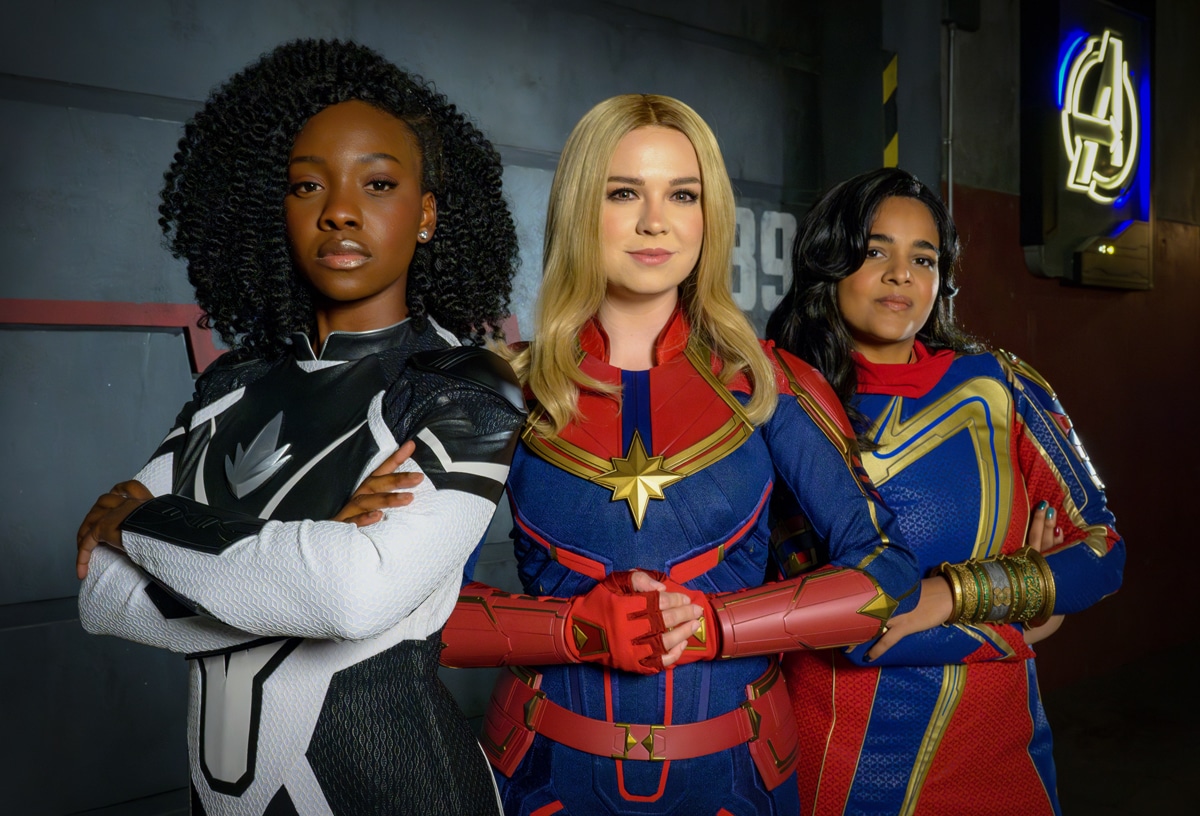
Iger also conceded that there were a number of causes for Disney’s recent box office downfall, noting that during COVID the company conditioned audiences to expect its films on streaming: “watching in the home is better than it ever was…and a bargain when you think about it. Streaming Disney+ you can get for $7 a month. That’s a lot cheaper than taking your whole family to a film. So, the bar is now raised in terms of quality about what gets people out of their homes, into movie theaters.”
He explained that “The Marvels” was shot during COVID and as a result, “there wasn’t as much supervision on the set, so to speak, where we have executives really looking over what’s being done day after day after day.” (To each their own, but I personally do not think the creative problem with Marvel and other Disney movies is that they don’t have enough cooks in the kitchen. But it is possible that this has contributed to cost overruns and budgetary bloat.)
He also defended Disney’s output, suggesting it was a victim of its own success after having dominated the box office in 2019 with 7 of the 9 movies that grossed more than $1 billion globally. “I’m not sure another studio will ever achieve some of the numbers that we achieved. If a film didn’t do a billion dollars in global box office, we were disappointed,” Iger added. “That’s an unbelievably high standard and we have to get more realistic.”
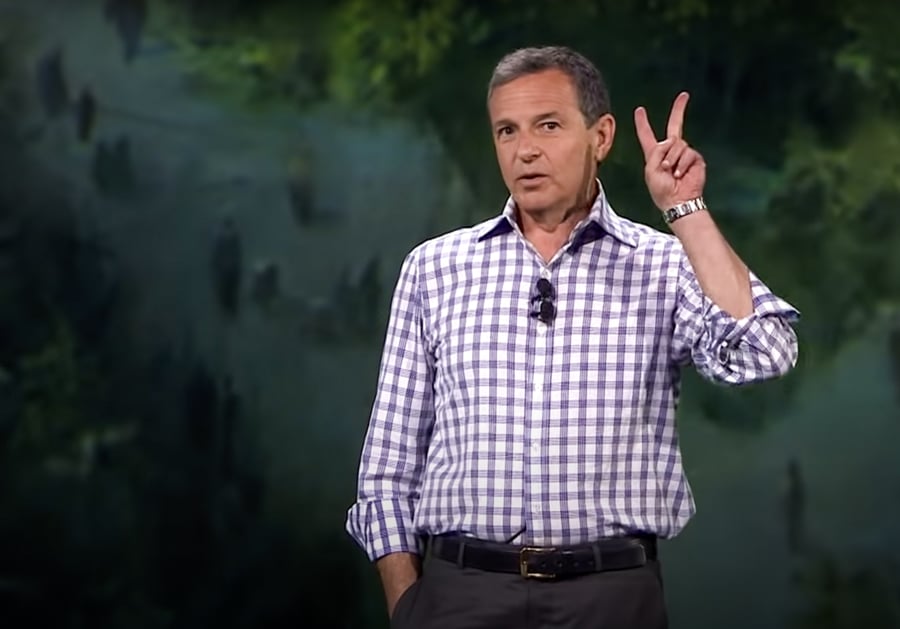
“I don’t want to apologize for making sequels,” he continued. “Some of them have done extraordinarily well and they’ve been good films, too. I think you there has to be a reason to make them, you have to have a good story. And often the story doesn’t hold up to is not as strong as the original story. That can be a problem.”
Iger said that there has to be a reason “beyond commerce” for a sequel, noting that Disney has “made too many” in the last few years. This isn’t really new ground, as Iger has repeatedly conceded that they went too hard on Disney+ and that diluted the brands. (Development of those projects takes multiple years, so it’ll be interesting to see whether there’s follow-through and more MCU/Star Wars projects are shelved.)
“It doesn’t mean we’re not going to continue to make them,” he added of sequels. “We’re making a number of them now right as a matter of fact. But we will only greenlight a sequel if we believe the story that the creators want to tell is worth telling.” (Inside Out 2, Frozen 3+4, and Zootopia 2 are all on the way!)

As for Disney’s linear networks, including ABC, Freeform, FX, NatGeo, etc., Iger confirmed that in his now-infamous CNBC interview back in July, he was floating possibilities to see how the market would react, but his words had been misconstrued as putting a “for sale sign” on parts of the company. That was not his intention, or what he meant to say.
“Sometimes, when I am looking for a reaction to my own thought process, I like to test that process in public, particularly in ways that I might be able to get a reaction from the investment community,” Iger clarified. “So, my thought was at the time that I would essentially be public with that thought process.”
“That was a means of me saying to Wall Street that my head was not in the sand,” Iger said. “I did not want to get accused of being kind of an old media executive.” The portfolio of linear assets are “not for sale,” Iger said. “Like all of our assets, we are constantly evaluating what is their value to the company today? What could their value be tomorrow? Is it a growth business?”
Iger also discussed the synergies that ABC and other networks could offer to the company’s other divisions, including streaming. (Not mentioned, but the networks are also valuable to theme parks–Good Morning America promotes Walt Disney World, for example, and the ABC Christmas Day Parade is a huge driver of vacation bookings.)

The wide-ranging interview also briefly touched on Disney’s relationship with two somewhat dissimilar governments: Florida and China. With regard to the former, Iger reflected on the timeline of events (no new ground), but also added that he’d like to talk with Governor DeSantis but hasn’t. “I offered at some point through intermediaries, the ability to have a conversation with him, but he did not, he did not take me up on that offer.”
Editorializing a bit, the two should sit down. At this point, it’s hard to see what either of the two stand to gain by dragging this out. Repairing the relationship could paint both as diplomatic, and not embroiled in every single counterproductive culture war. If Newsom and Iger…and Newsom and DeSantis can sit down (okay, that one’s a bit different), then surely Iger and DeSantis can sit down.
Florida and its biggest business being at-odds is lose-lose for both sides, whereas mending things is win-win. It’s patently obvious unless you’re purely partisan.

Turning to China, Iger said he’s bullish about Shanghai Disneyland and that further expansion will be announced soon, but with a big asterisk: “If you’re asking me whether I’m as optimistic as I once was about growing our business in China, the answer would be no. I think it’s pretty obvious that issues between our countries tensions have had an impact on business, not just Disney’s but on other companies as well.”
“There’s additional risk associated with Shanghai Disneyland, but not all the capital that we put in is ours. We have a partner there. And so some of the risk is shared with a local entity. I’m not losing sleep over the risks that we’re taking there at this point. But again, I think I’m somewhat sobered about the prospects of our company and other companies long term.”
Although it hasn’t been garnering as many headlines, this might be the biggest tidbit from the interviewer–perhaps further context is needed. There was a point when Shanghai Disneyland was Bob Iger’s pet project–what would cement his legacy as a diplomatic leader that managed to accomplish what Michael Eisner and countless other American executives couldn’t.
These words might seem fairly tepid, but you have to consider their ‘target’ and Iger’s own history. There was a time when I cannot fathom him saying anything aimed at China that rose to even mild pessimism. The tides have definitely turned.

When asked about Disney’s decision to pause advertiser spending on Twitter/X, Iger had this to say: “I have a lot of respect for Elon and what he has accomplished. We know that Elon is larger than life in many respects, and that his name is very much connected to the companies he founded or owns. By him taking the position he took in a public manner, we felt that the association was not necessarily a positive one for us.”
Iger also said that it is “perfectly reasonable” for CEOs to weigh in on geopolitical events, and that in some ways, as public leaders, it’s something they “get paid to do.”

Elon Musk, the CEO of Tesla and SpaceX and the owner of Twitter/X, responded (indirectly, during a later interview) by saying: “Don’t advertise. If someone is going to try and blackmail me with advertising? Blackmail me with money? Go f*** yourself. Go f*** yourself, is that clear? Hey Bob [Iger], if you’re in the audience. That’s how I feel, don’t advertise.”
“What this advertising boycott is going to do is, it is going to kill the company,” Musk continued. “And the whole world will know that those advertisers killed the company.” [Insert ‘we’re all trying to find the guy who did this‘ hot dog meme.]
Reflecting a bit, Musk said of his post that prompted the advertiser exodus: “I should, in retrospect, not have replied to that particular post, and should have expanded in greater length about what I meant. I handed a loaded gun to those who hate me,” Musk added, and that the post in question was “one of the most foolish” things he had said on the platform.
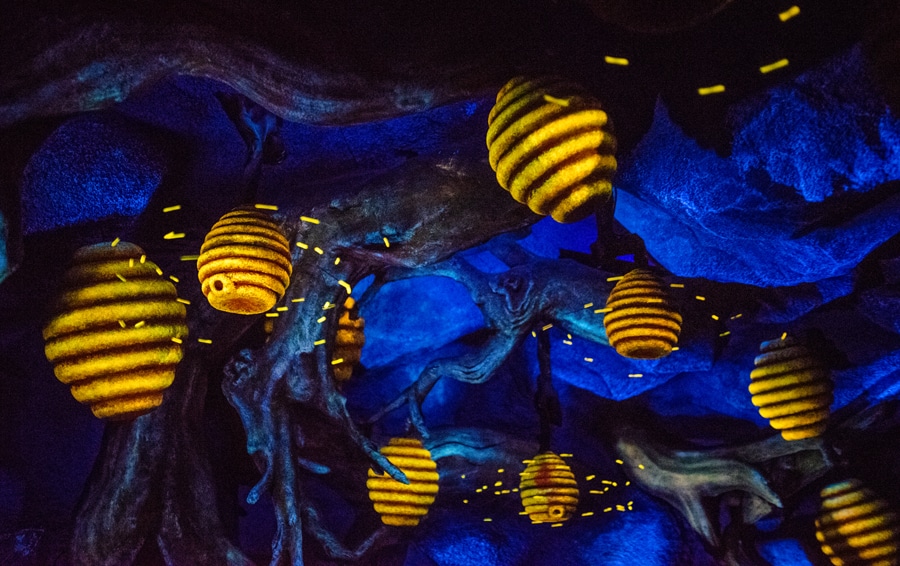
We’ve stopped with updates on Disney vs. DeSantis and the former Reedy Creek Improvement District, even as there have been procedural updates to those court cases as well as assorted controversies with the new Central Florida Tourism Oversight District. That’s because wading into the culture wars, even in a mostly neutral manner, is exhausting. Everyone has made up their minds and is entrenched in a position, and it just becomes an unpleasant conversation.
So you might wonder why I’m sticking my head back in the hornet’s nest with this new Disney vs. X or Iger vs. Elon confrontation. It’s probably a bad idea that’ll end poorly for some of those same reasons. But I do feel like I have a somewhat unique middle-ground perspective. Also, the vast majority of Americans are not on Twitter/X and probably don’t have strongly-held opinions on this.
My background here is that I’ve been on Twitter since 2009, and it’s the only platform that I still regularly consume for personal “enjoyment.” I think all social media is varying degrees of unhealthy, toxic, corrosive, etc–including but not limited to Twitter. Whether that has gotten worse in the last year is debatable–but it’s been true for a long time.
I do think some social media platforms are worse than others, and you won’t find me on them at all as a result. Just like everyone else who uses or used it, I also have complicated opinions about the trajectory of Twitter under Elon Musk. The thing is, that’s absolutely immaterial to all of this.

They won’t say as much, but the real reason companies can justify leaving is because advertising isn’t very effective on Twitter. Mark Zuckerberg could hold a press conference tomorrow and say, “you know, Jack the Ripper had some really good ideas.” Advertisers would grouse about it. Disney and others would issue statements denouncing Jack the Ripper and his (alleged) acts. They’d pause spending for a few days in solidarity with the victims. But they’d be back.
They’d be back because Meta has unrivaled advertising tools that help companies target exactly who they want with laser precision. They’d be back because not having a presence on Meta would arguably breach their fiduciary duties to shareholders. If you have a Facebook or Instagram account, you’ve probably seen ads for products that are exactly what you want, to the point that you might wonder whether they’re reading your mind. If you have a Twitter account, you’ve probably seen ads for dog poop calendars and crypto scams.
Twitter’s advertising platform is not good and never has been. This is not a value judgment about any leader, past or present. It just is what it is. I would take that a step further, and say that Twitter has, historically, never been much good for most businesses in any capacity. Twitter has always served different demos than other social media, and maybe this has made it less useful for marketing.
If you polled businesses in 2019 and asked what social media platforms were the best and worst for marketing, you’d likely find Twitter getting the fewest #1 votes and most last-place ones. In fact, I would bet money on that.
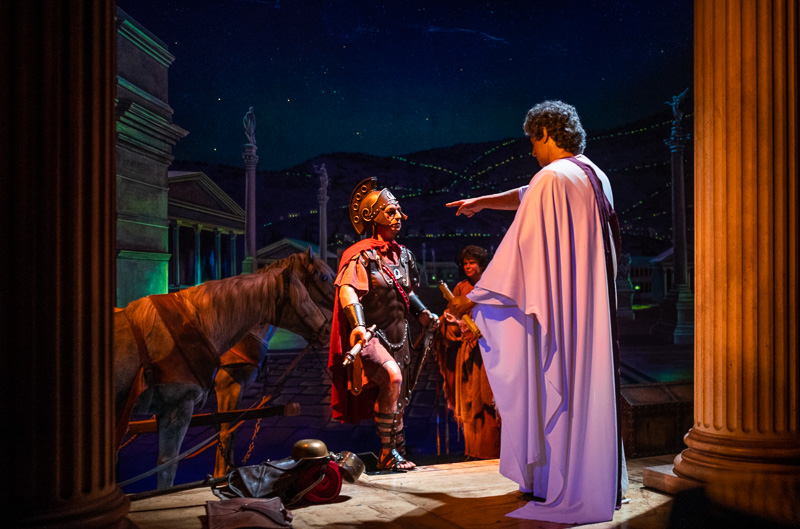
It should thus come as no surprise that Disney and other companies jump ship when there’s a controversy. The underlying issue itself is, frankly, immaterial. It becomes a simple business decision: does the benefit of continuing to do this outweigh cost? Reframed that way, it becomes easier to answer no, because there was never much benefit in the first place and the new cost is the added unpredictability of what might happen next or how headlines will frame things.
This same question is how advertisers continue to justify having a presence on Meta and TikTok. The latter is its own whole can of worms, and it’s been pointed out that companies are hypocritical for distancing themselves from Twitter but going all-in on TikTok. I don’t use TikTok and never will, because I believe it presents more societal danger than all other social media platforms combined. It’s completely understandable why some people might view this as a hypocritical position for companies to take.
But reframe the question from a moral one to a business one, and the answer is obvious. In fairness, it’s hardly just Bob Iger doing this. Elon Musk is guilty of it, too. I can’t think of a single Fortune 500 CEO who isn’t. Countless companies take stances on U.S. political and social issues, but there’s radio silence on China. Which arguably says everything that needs to be said about the dramatic differences between the two countries.

Nevertheless, if I worked in Burbank and were in charge of the Walt Disney Company’s marketing strategy–and thus had to set aside my own personal biases–I would conclude that a presence on TikTok and Meta platforms is worth it. Conversely, that Twitter is not worth it–not due entirely to anything happening today, but because it was borderline in 2019 and probably only “worth it” then as a toehold for whatever potential it might have in the future.
However, I would also have the awareness to realize that this is a hot-button issue and my company has been embroiled in way too many hot-button issues in the last two years! So I would slowly phase-out use of the platform and advertising at some random time when nothing is happening.
That way, when the next inevitable controversy arises (whether it be real or contrived!) and I were asked about it, I could respond: “As part of Disney’s strategic realignment and aggressive cost-management initiative that is on-track to save the company $7.5 billion, we previously reevaluated resource allocation. The business decision was made at that time to reduce social media spending and, as such, we do not have a stake in this matter.”
The most boring, word-soup answer imaginable. But you know what? Boring is exactly what this company needs when it comes to this stuff. The only people who “win” with these controversies are the ones who traffic in outrage. No one is printing headlines based on that quote and no reasonable person is getting outraged one way or the other. There’s no better (free!) marketing than a strong reputation, so a main goal should be doing everything possible to reverse the brand-damage that’s occurred for the Walt Disney Company over the last few years.
Need Disney trip planning tips and comprehensive advice? Make sure to read Disney & Universal Vacation Planning Guides, where you can find comprehensive guides to Walt Disney World, Disneyland, Universal Orlando & Hollywood, and beyond! For news & rumors, on-the-ground updates, discount information, free downloads of our eBooks, and much more, sign up for our FREE email newsletter!
YOUR THOUGHTS
What’s your take on the topics discussed in Iger’s wide-ranging interview? Think the company can bounce by making fewer headlines and producing high-quality content? Hope all of these battles start to de-escalate soon?
Regardless of your perspective, please keep the dialogue civil–comments you’d be comfortable with your grandma reading. This is not the place for politically-charged arguing, antagonism, personal attacks, or perpetuating pointless culture wars. There’s a way to tactfully convey points touching on touchy politics and social issues without being disrespectful or disparaging. Without regard for viewpoint, we will delete comments that cross the line, are lacking in decorum or don’t attempt to thoughtfully contribute to the conversation. If you wish to shout your anger into the internet abyss or troll for controversy, that’s why Twitter was invented. 😉





